Background & Interests
 Biology
Biology
 Chemistry
Chemistry
 Genomics
Genomics
 Getting Swole
Getting Swole
 Hot Stuff
Hot Stuff
 I Want a Hot Body, but I also Want Tacos
I Want a Hot Body, but I also Want Tacos
 Immunology
Immunology
 R&D
R&D
 Top Shelf
Top Shelf
Biography
Alex K. Shalek, PhD, is the J. W. Kieckhefer Professor in the Institute for Medical Engineering & Science and the Department of Chemistry, and an Extramural Member of The Koch Institute for Integrative Cancer Research at MIT. He is also an Institute Member of the Broad Institute, a Member of the Ragon Institute, an Assistant in Immunology at MGB, and an Instructor in Health Sciences & Technology at HMS. Dr. Shalek received his bachelor’s degree summa cum laude from Columbia University and his Ph.D. from Harvard University in chemical physics under the guidance of Hongkun Park, and performed postdoctoral training under Hongkun Park and Aviv Regev (Broad/MIT). His lab’s research is directed towards the development and application of new approaches to elucidate cellular and molecular features that inform tissue-level function and dysfunction across the spectrum of human health and disease. Dr. Shalek and his work have received numerous honors including a NIH New Innovator Award, a Beckman Young Investigator Award, a Searle Scholar Award, a Pew-Stewart Scholar Award, the Avant-Garde (DP1 Pioneer) Award from the National Institute for Drug Abuse (NIDA), and an Alfred P. Sloan Research Fellowship in Chemistry, as well as the 2019-2020 Harold E. Edgerton Faculty Achievement Award at MIT and the 2020 HMS Young Mentor Award.
Publications
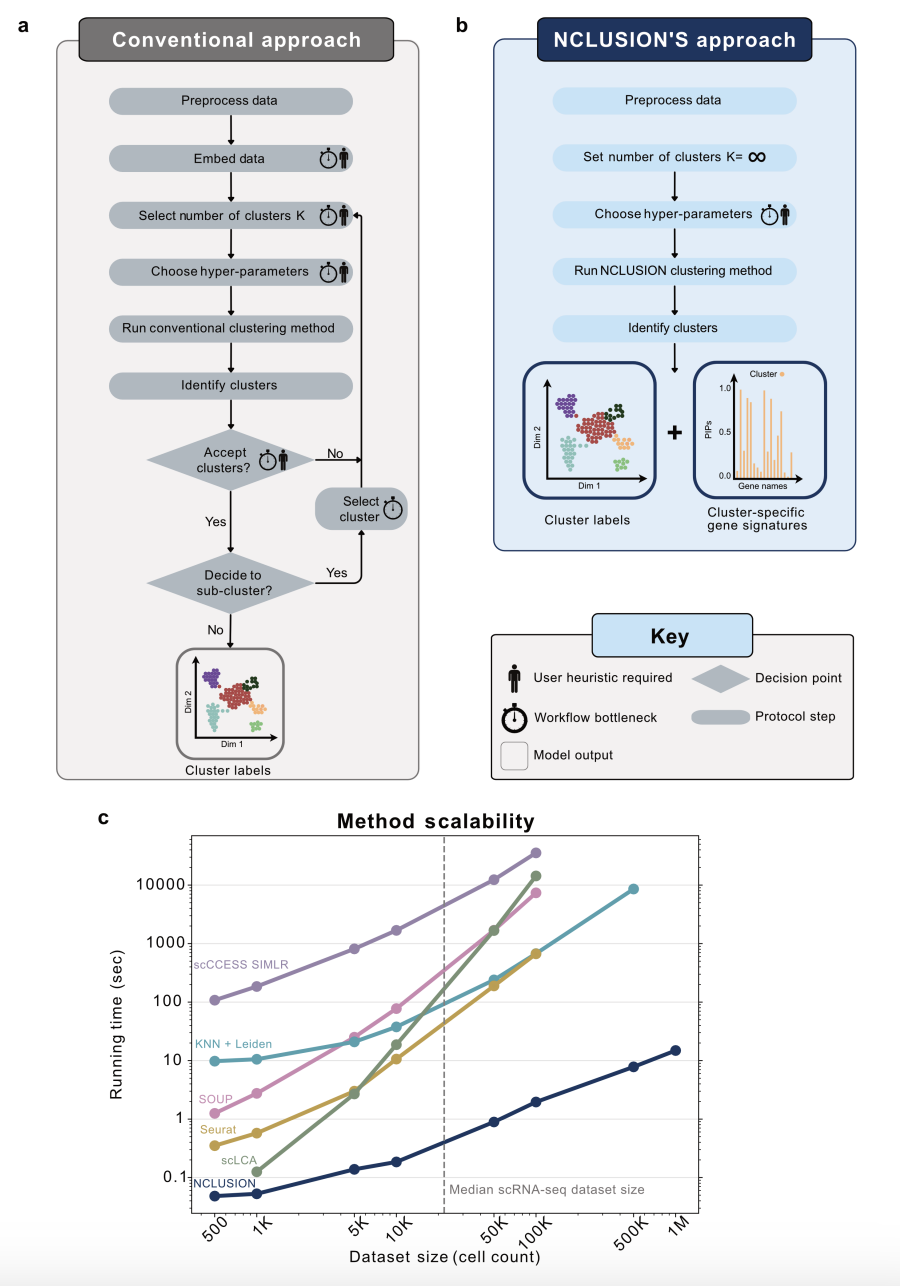
Scalable nonparametric clustering with unified marker gene selection for single-cell RNA-seq data
 Computational Methods
Computational Methods
 Medicine
Medicine
 Alex K. Shalek
Alex K. Shalek
 Andrew Navia
Andrew Navia
 Michelle Ramseier
Michelle Ramseier
 Peter Winter
Peter Winter
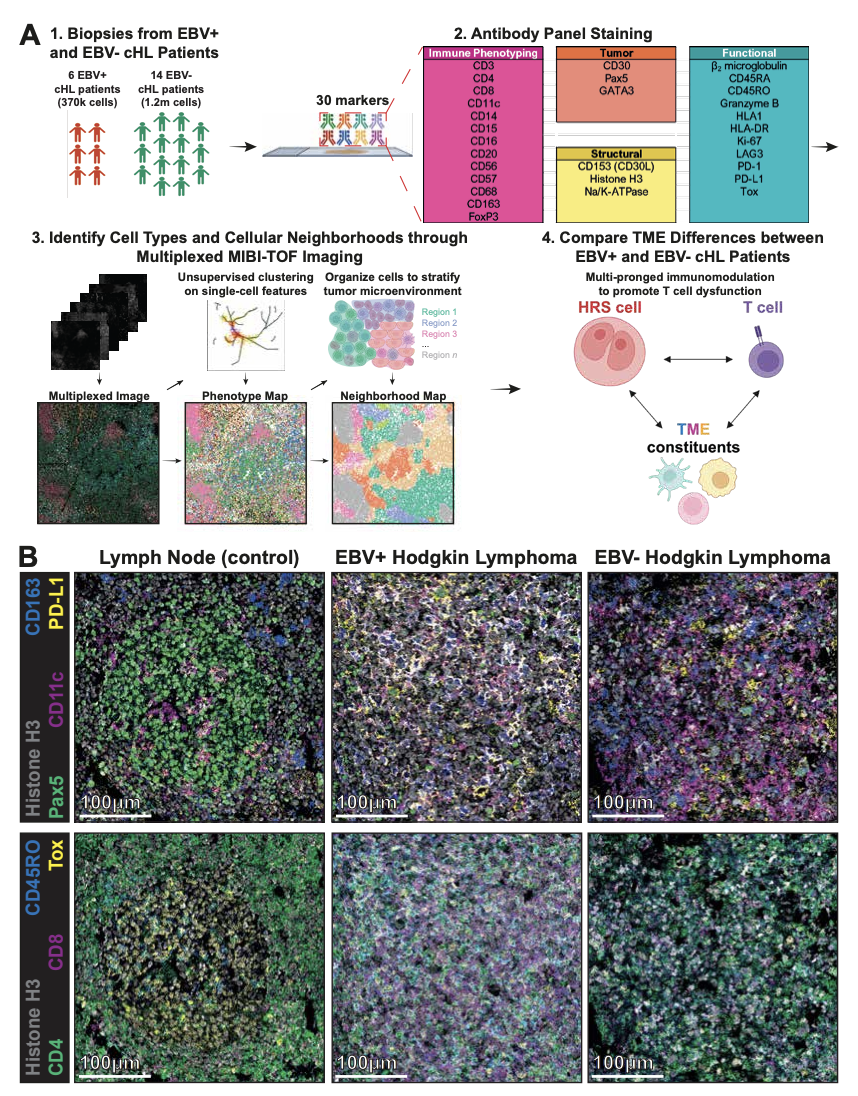
Epstein-Barr Virus Orchestrates Spatial Reorganization and Immunomodulation within the Classic Hodgkin Lymphoma Tumor Microenvironment
 Biology
Biology
 Cancer
Cancer
 Alex K. Shalek
Alex K. Shalek
 Bokai Zhu
Bokai Zhu
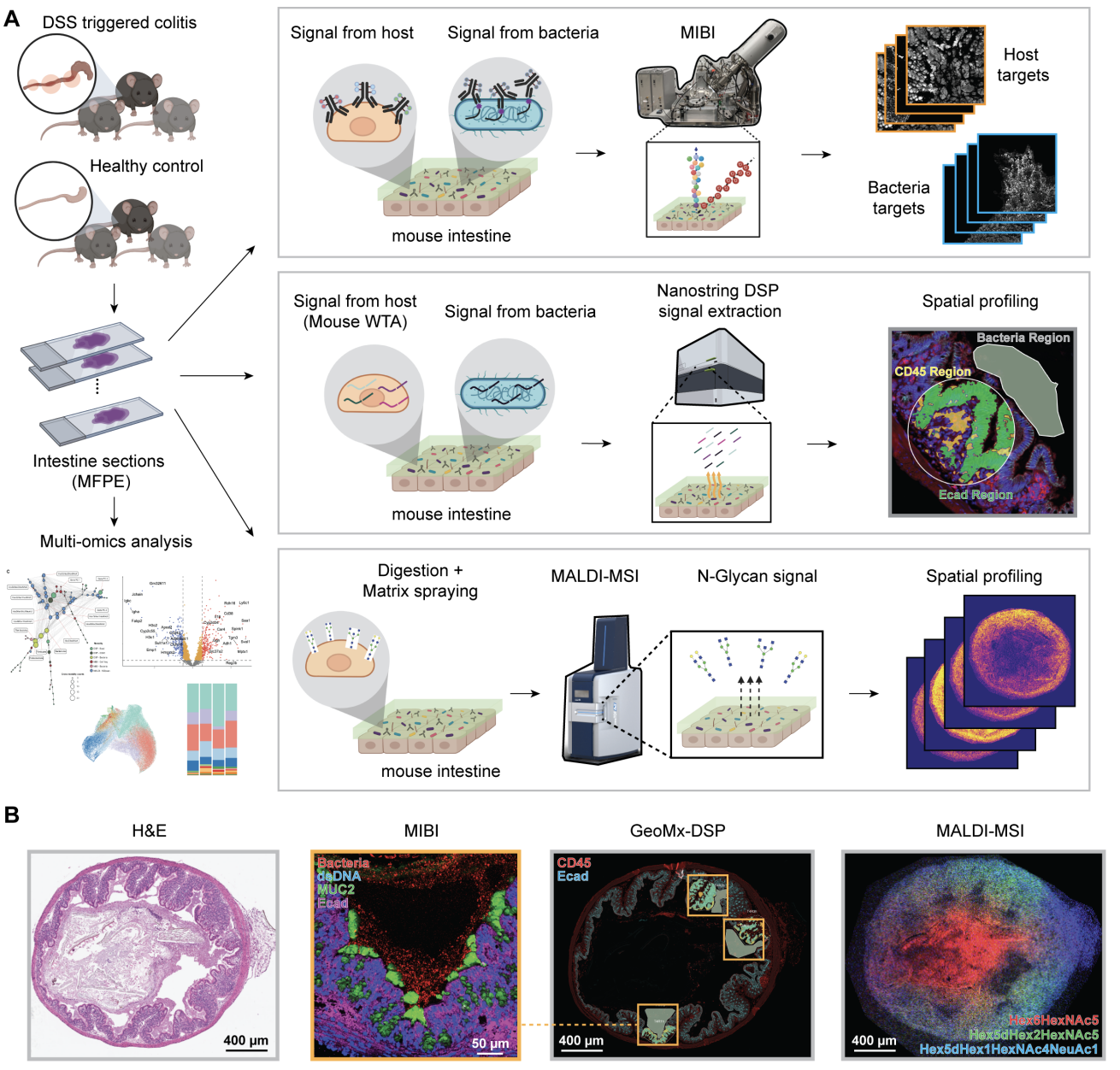
A Spatial Multi-Modal Dissection of Host-Microbiome Interactions within the Colitis Tissue Microenvironment
 Computational Methods
Computational Methods
 Immunology
Immunology
 Alex K. Shalek
Alex K. Shalek
 Bokai Zhu
Bokai Zhu
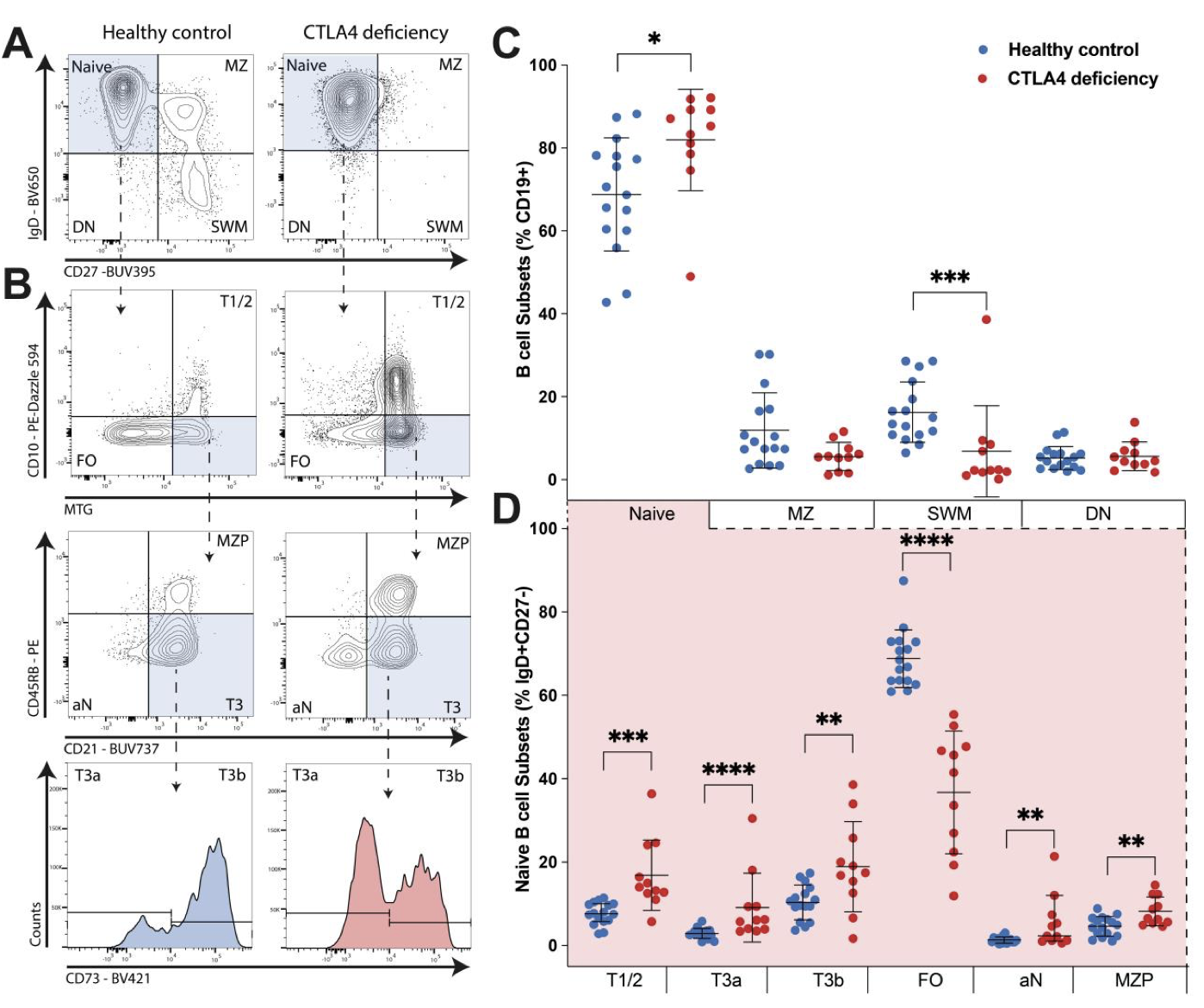
Congenital T cell activation impairs transitional to follicular B cell maturation in humans
 Computational Methods
Computational Methods
 Genomics
Genomics
 Immunology
Immunology
 Alex K. Shalek
Alex K. Shalek
 Michelle Ramseier
Michelle Ramseier
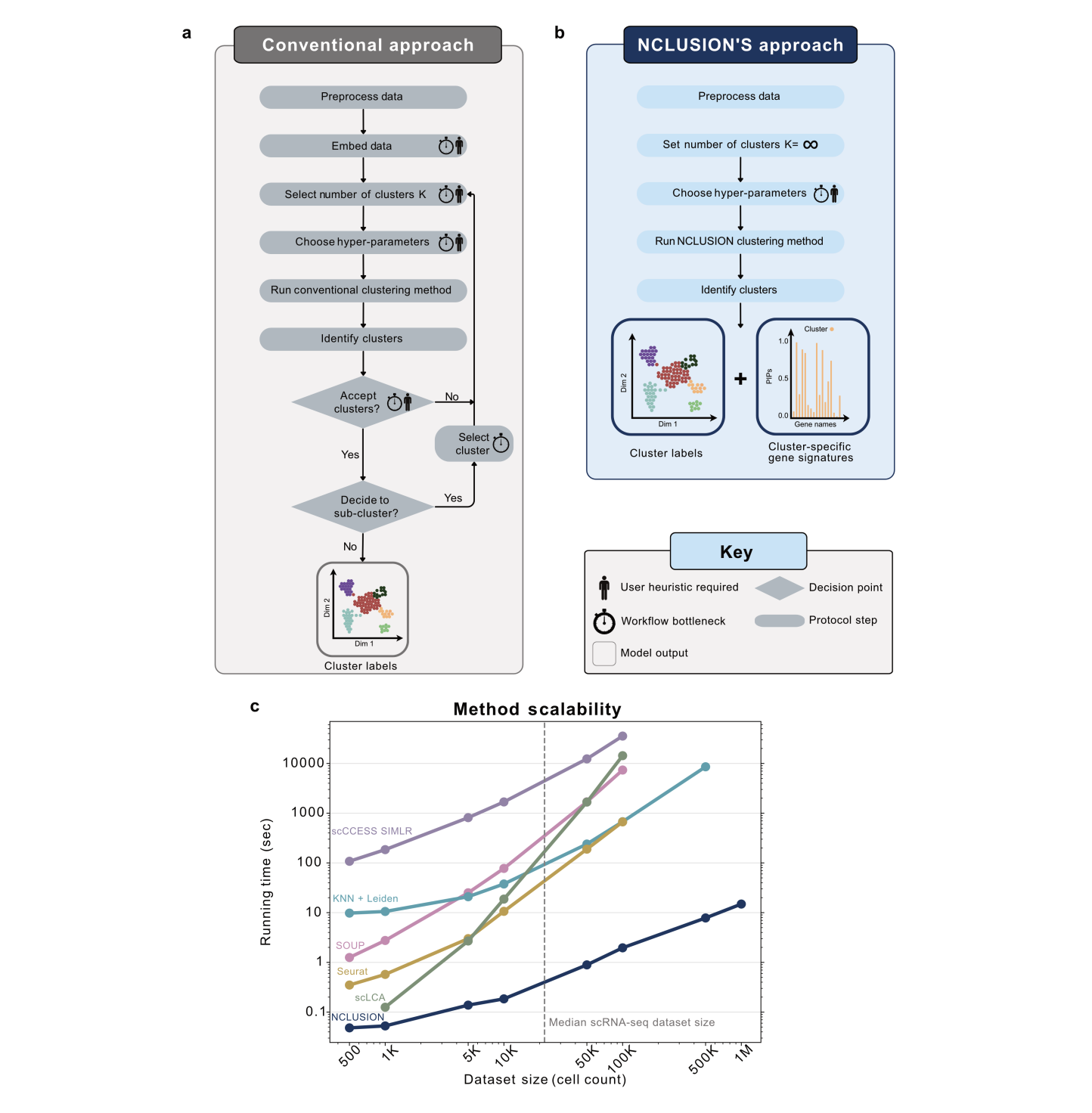
Scalable nonparametric clustering with unified marker gene selection for single-cell RNA-seq data
 Computational Methods
Computational Methods
 Genomics
Genomics
 Alex K. Shalek
Alex K. Shalek
 Andrew Navia
Andrew Navia
 Michelle Ramseier
Michelle Ramseier
 Peter Winter
Peter Winter
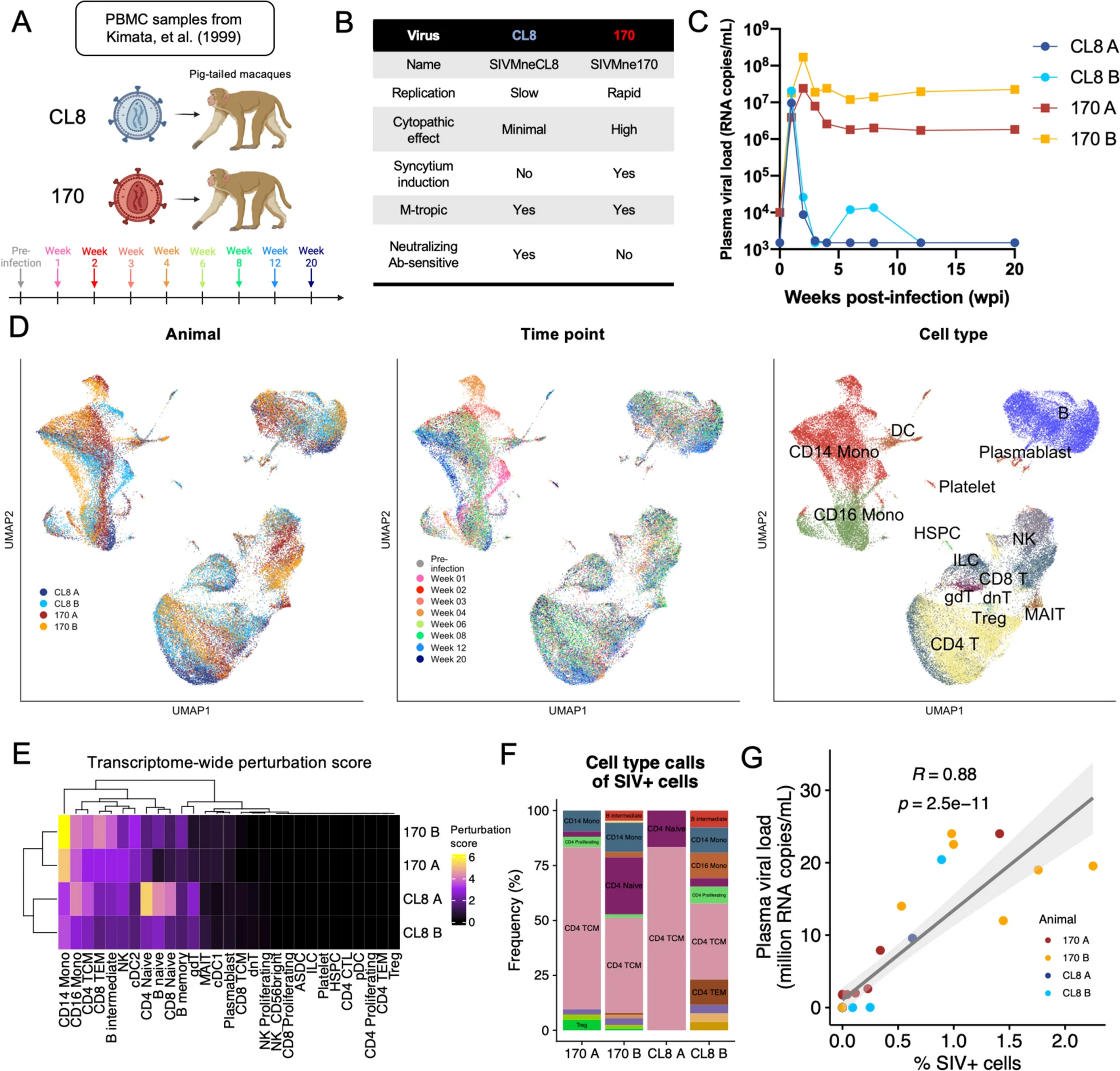
Pro-inflammatory feedback loops define immune responses to pathogenic Lentivirus infection
 Computational Methods
Computational Methods
 Genomics
Genomics
 Immunology
Immunology
 Infectious Disease
Infectious Disease
 Medicine
Medicine
 Alex K. Shalek
Alex K. Shalek
 Ira Fleming
Ira Fleming
 Jennyfer Galvez-Reyes
Jennyfer Galvez-Reyes
 Sam Kazer
Sam Kazer
 Vincent Miao
Vincent Miao
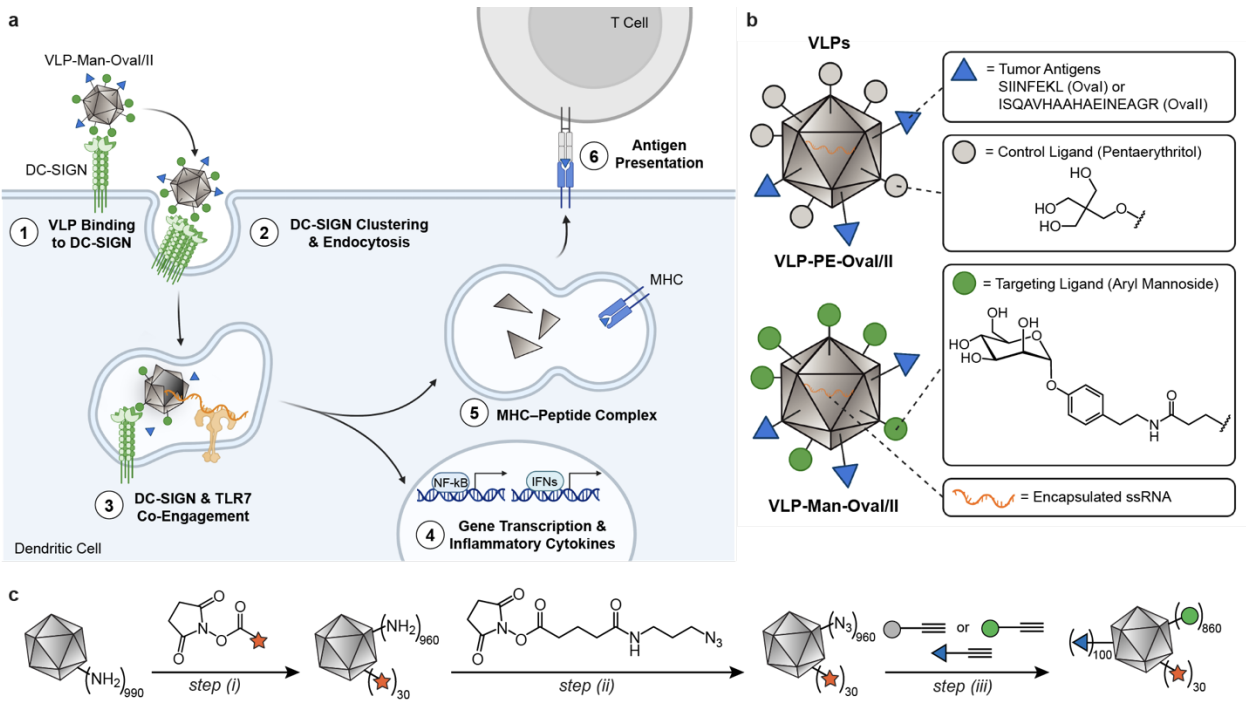
Glycan-costumed virus-like particles promote type 1 anti-tumor immunity
 Biology
Biology
 Cancer
Cancer
 Genomics
Genomics
 Immunology
Immunology
 Alex K. Shalek
Alex K. Shalek
 Ankit Basak
Ankit Basak
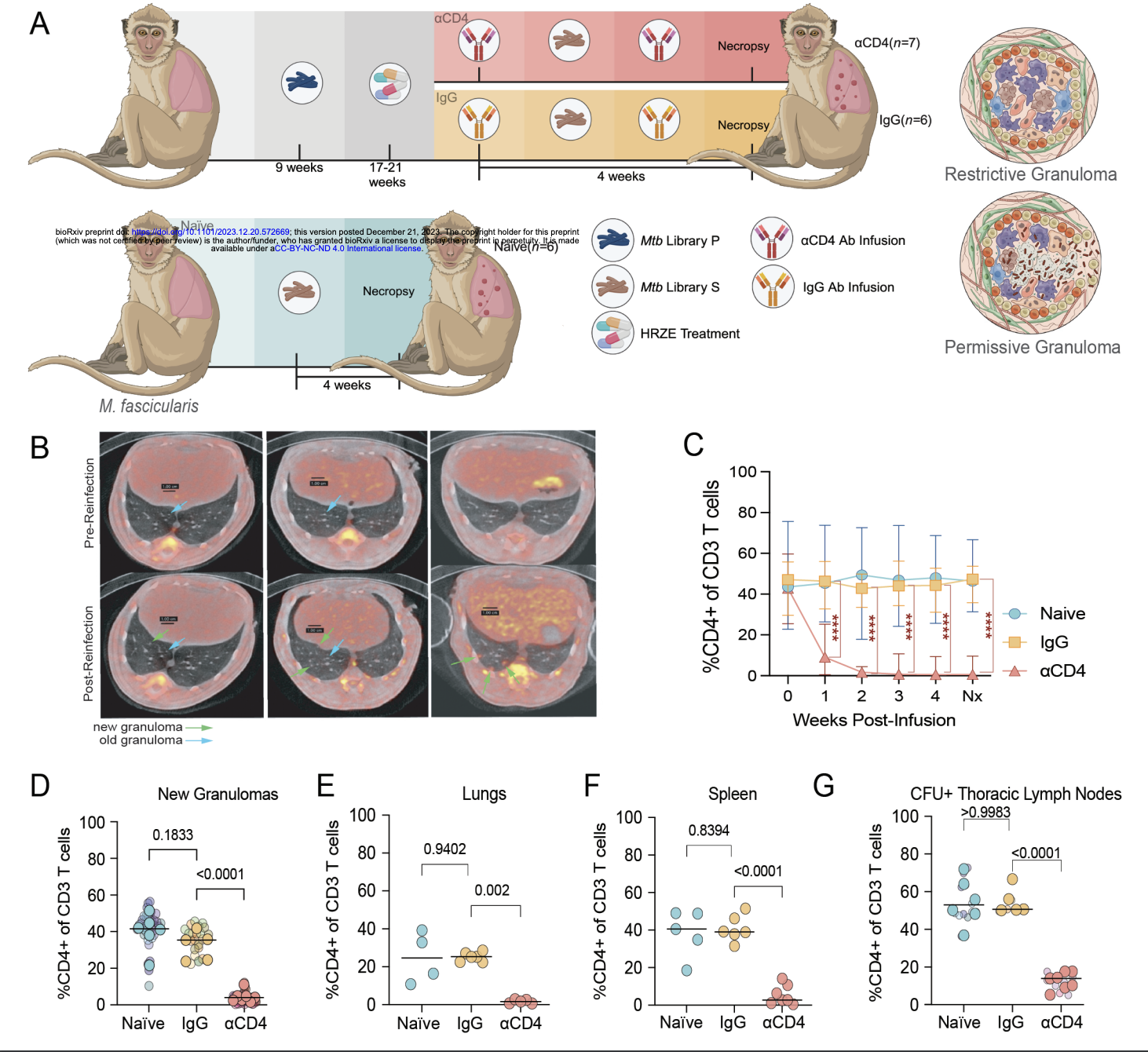
CD4 + T cells are homeostatic regulators during Mtb reinfection
 Biology
Biology
 Computational Methods
Computational Methods
 Immunology
Immunology
 Infectious Disease
Infectious Disease
 Alex K. Shalek
Alex K. Shalek
 Dennis Wang
Dennis Wang
 Josh Bromley
Josh Bromley
 Sarah Nyquist
Sarah Nyquist
 Son Nguyen
Son Nguyen
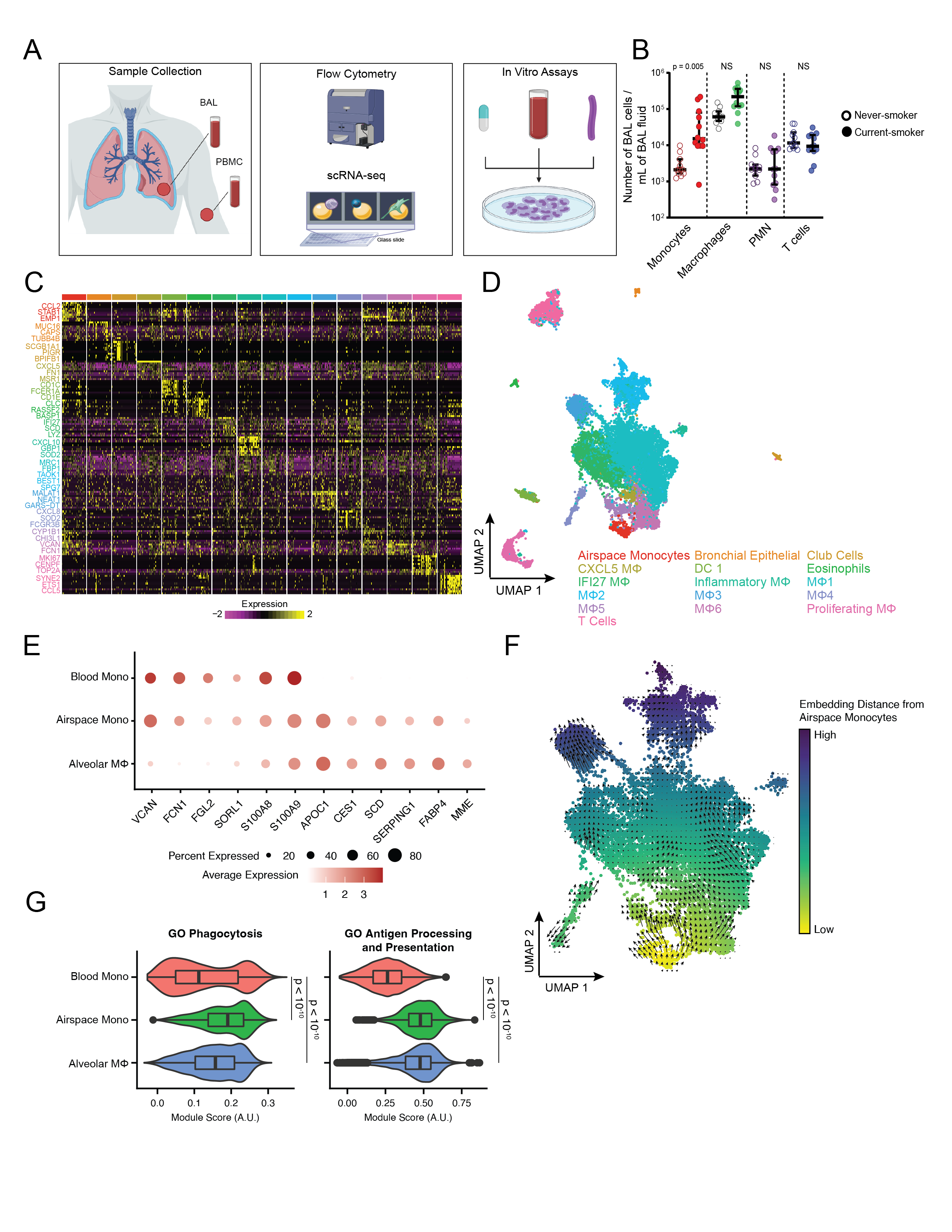
Tobacco smoke exposure recruits inflammatory airspace monocytes that establish permissive lung niches for Mycobacterium tuberculosis
 Computational Methods
Computational Methods
 Infectious Disease
Infectious Disease
 Medicine
Medicine
 Alex K. Shalek
Alex K. Shalek
 Constantine Tzouanas
Constantine Tzouanas
 Marc Wadsworth II
Marc Wadsworth II
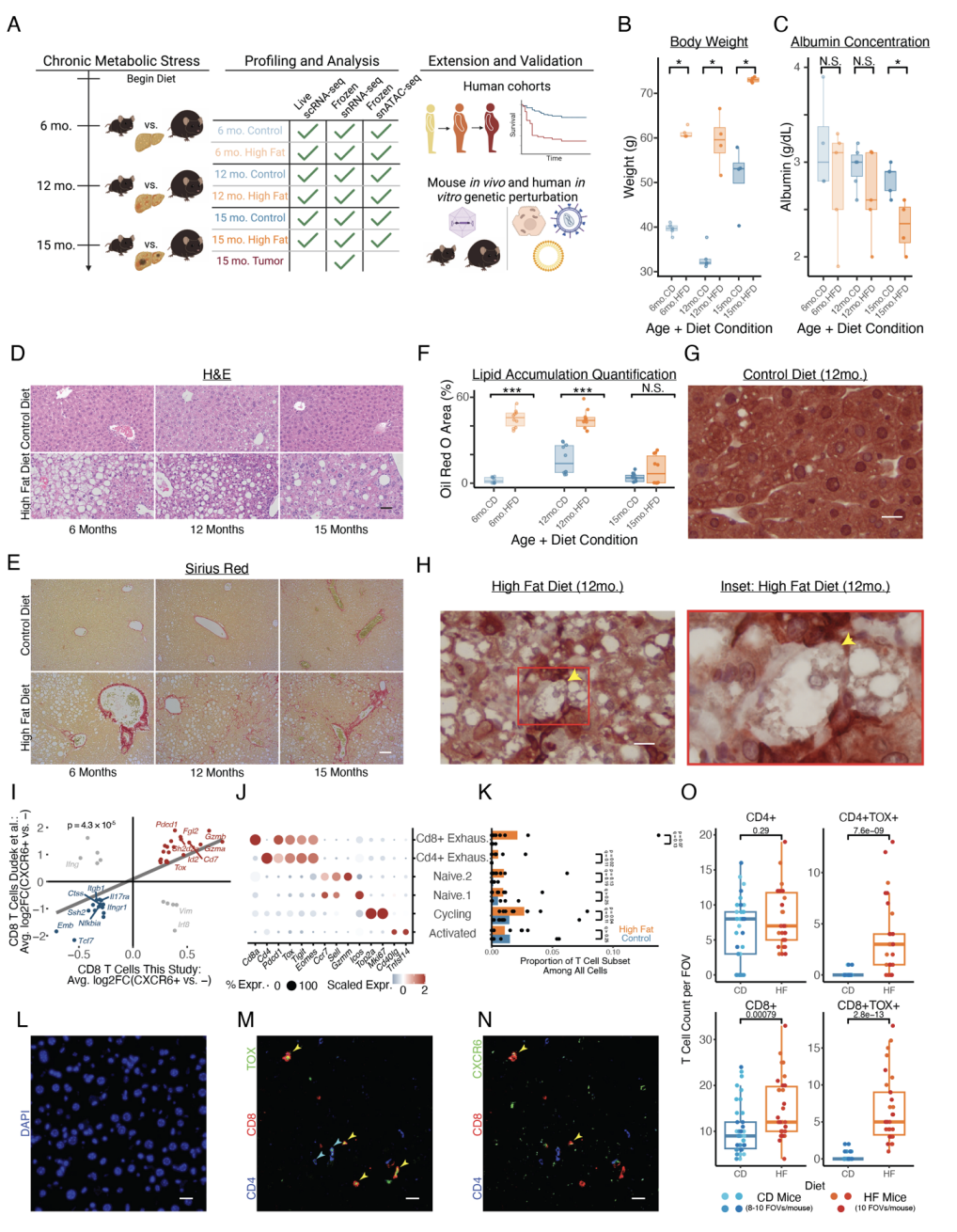
Chronic metabolic stress drives developmental programs and loss of tissue functions in non-transformed liver that mirror tumor states and stratify survival
 Biology
Biology
 Alex K. Shalek
Alex K. Shalek
 Ben Mead
Ben Mead
 Constantine Tzouanas
Constantine Tzouanas
 Evelyn Yuzhou Tong
Evelyn Yuzhou Tong
 Jay Prakadan
Jay Prakadan
 Kellie Kolb
Kellie Kolb
 Michelle Ramseier
Michelle Ramseier
 Tyler Dao
Tyler Dao
